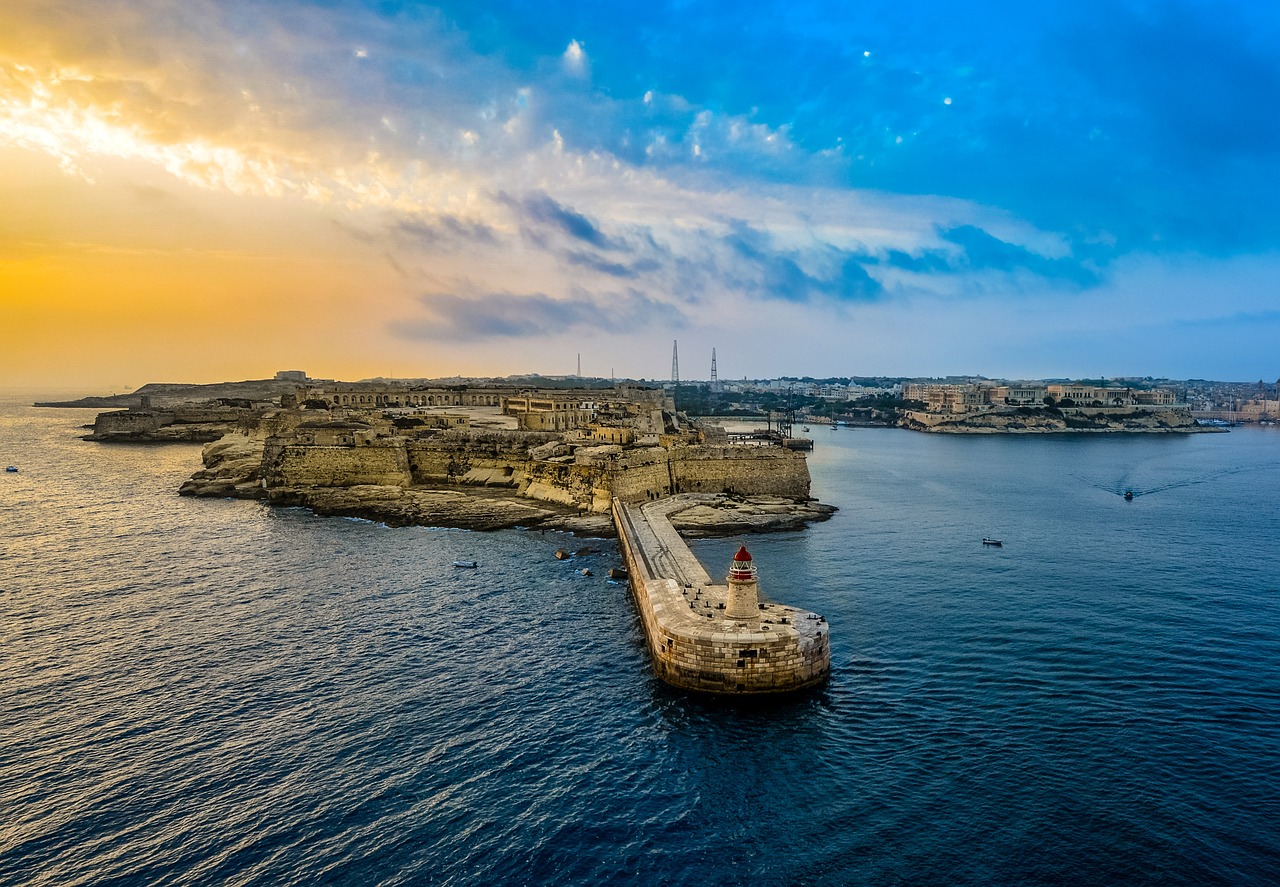In December 2021, Malta made headlines by enacting progressive cannabis decriminalisation.
The island nation achieved this through the Authority on the Responsible Use of Cannabis Act, Chapter 628. This landmark law sets the framework for regulating the responsible use of cannabis for non-medical purposes, aiming to balance public health, harm reduction, and personal freedom. Here’s a breakdown of what this decriminalisation means for the Maltese public.
Establishing the Authority
At the heart of this decriminalisation is the creation of the Authority on the Responsible Use of Cannabis. This new body is responsible for overseeing the use of cannabis in a manner that prioritizes safety and education. The Authority’s key functions include:
- Regulation: Overseeing the use of cannabis outside of medical and scientific contexts.
- Harm Reduction: Implementing strategies to minimize the risks associated with cannabis use.
- Education: Running campaigns to inform the public about safe and responsible cannabis use.
Key Responsibilities of the Authority
The Authority is tasked with several important duties to ensure the responsible use of cannabis in Malta:
- National Policy Recommendations: The Authority will advise the government on national cannabis policies tailored to Malta’s needs.
- Monitoring and Research: Keeping track of cannabis use trends and commissioning studies to better understand its impact.
- Regulation of Private Organizations: Ensuring private entities involved in cannabis cultivation and distribution operate within legal frameworks.
- Public Education: Promoting educational initiatives that provide clear, factual information about cannabis, its risks, and safe usage practices.
- Training Programs: Developing training programs for officials and professionals who work with cannabis users.
Governance and Structure
The Authority is governed by a Board composed of a Chairperson, Deputy Chairperson, and several other members appointed by the Minister. This Board is responsible for setting the policy direction and ensuring the Authority’s activities align with governmental and public health priorities.
- Board Meetings: The Board meets at least ten times a year to oversee the Authority’s functions.
- Chief Executive Officer (CEO): The CEO handles the day-to-day operations and ensures that the Authority’s initiatives are effectively implemented.
Financial Management and Accountability
To maintain transparency and accountability, the Authority is required to:
- Submit Budget Estimates: The CEO prepares financial estimates, which are reviewed by the Board and approved by the Minister.
- Maintain Audited Accounts: The Authority’s accounts are audited annually by appointed auditors and the Auditor General.
- Annual Reporting: An annual report detailing the Authority’s activities and financial status is submitted to the Minister and presented to the public.
Public Officers and Employment
The Act allows for the detailing of public officers to work with the Authority, ensuring they retain their status and benefits as public servants. The Authority can also employ additional staff as needed to fulfill its responsibilities.
Legal Protections and Regulations
The decriminalisation provides legal protections to the Authority and its members, shielding them from liability unless actions are taken in bad faith or through gross negligence. Additionally, the Minister has the power to issue regulations to facilitate the effective implementation of the Act.
What This Means for Malta
Malta’s cannabis decriminalisation represents a significant shift towards a more progressive approach to cannabis use. By focusing on regulation, harm reduction, and education, the government aims to create a safe environment for responsible cannabis use. The establishment of the Authority on the Responsible Use of Cannabis is a crucial step in ensuring that these goals are met effectively.
This decriminalisation not only marks a milestone in Malta’s drug policy but also sets an example for other countries considering similar reforms. As the Authority begins its work, the Maltese public can expect more information and resources to guide them in understanding and participating in this new legal landscape.
Stay informed and engaged with these changes, as the success of this decriminalisation depends on the collective effort to promote responsible and informed cannabis use.

